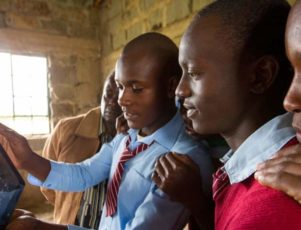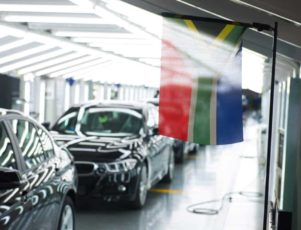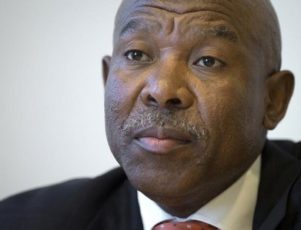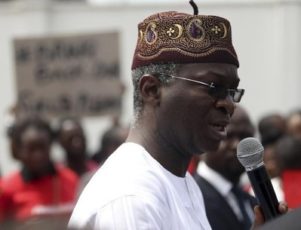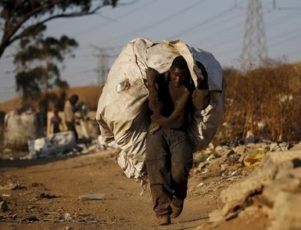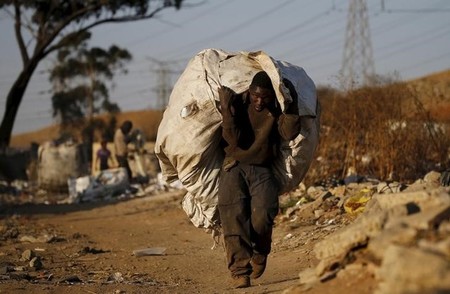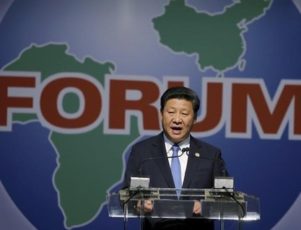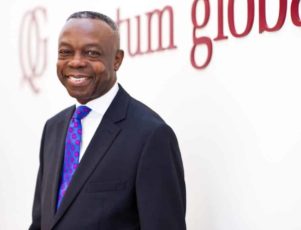The tech giants are busy building in Africa as the continent represents a golden opportunity to reach new customers while transforming African society.
We all know the names Google, Facebook, Microsoft, and IBM. These are the tech titans who have forged the modern world we inhabit and hardly entities that the general public associates with Africa. However, foresight and innovation enabled these behemoths to propel the developed world to a new future. Now, the tech giants have foreseen that Africa’s future is one of abundant potential.
The reasons behind this trend are actually rather simple. Africa possesses 7 of the world’s 10 fastest growing economies. As a whole, Africa is the fastest growing region on earth. For tech companies this has created two general fronts on which to engage the continent. Firstly, this growth has led to the emergence of the African middle class. Tech companies suddenly have a new market in which consumers are hungry for their products. Secondly, this new market has enormous potential to grow. With limited tech infrastructure, such as internet access and mobile networks, the adoption of new technologies is still very much in its infancy across huge parts of the region. If top companies generate the conditions for mass tech usage, they stand to gain an enormous new customer base while improving the lives of millions; a veritable win-win situation.
Africa, a new frontier for Google, Facebook, Microsoft, IBM
Microsoft was arguably the first global tech company to take a major active interest in Africa. Three years ago, the company started its 4Afrika initiative. The $75m program was designed to train thousands of Africans either for their own businesses or for the company’s 22 African offices. Simultaneously the program focused on getting affordable smart devices into the hands of millions of new customers. Amrote Abdella, the regional director of the 4Afrika project said, “In order to drive the knowledge economy, we need to drive connectivity so Africans can create and access content.”
As a result the company is experiencing strong growth in the region. However, rather than resting on their laurels, Abdella went on to explain why Microsoft intends to build on its successes: “Three years down the road one of the things that we have learnt is that the need and the demand on Africa is about doubling down on investments we are making around connectivity and smart services.”
Digify, Project Loon, Link… Ambitious plans for Africa

Project Loon
The connectivity race is on in earnest. Google first tested the African waters back in 2012, with an SMS based version of its Gmail service. Today, their efforts have intensified while becoming more imaginative. Google intends to utilize its cheekily named “Project Loon” in the region. Loon is a network of communications balloons positioned high in the stratosphere that can be strategically maneuvered to provide connectivity in remote areas where coverage is lacking. Data is then passed through the balloon network before being transferred down to the global internet.
Google has two other notable initiatives in the region, Link and Digify. Link has seen the installation of metro fiber optic Wi-Fi networks across Uganda and Kampala, with a further roll-out underway in Ghana. Digify is a major commitment to train 1 million Africans in digital skills. Google spokeswoman Michelle Atagana explained the strategy behind the project: “The idea is to improve people’s skills so that they can increase their chances of becoming employed or start their own businesses.”
Not to be bested, Facebook is focused on waging ambitious campaigns in the booming new market. In 2015, the social media giant opened its first African office in Johannesburg. Additionally, Facebook CEO Mark Zuckerberg highlighted plans to provide satellite internet to rural areas of sub-Saharan Africa. He explained why he felt the move was key by saying, “To connect people living in remote regions, traditional connectivity infrastructure is often difficult and inefficient, so we need to invent new technologies.”
Investing to impact
IBM has also been incredibly busy in Africa in recent years. The company has opened new research centers, invested in local businesses, funded a $60m computer skills program, and created new initiatives designed to drive the usage of big data, analytics and cloud computing. Dr. Kamal Bhattacharya, the director of IBM Research explained why the company is taking such a significant interest: “As scientists we believe that science and technology is an enabler to express your needs, it is an enabler to shape your own future. And this is why IBM is making this very significant investment into Africa.”
Where the tech giants go, immense progress and social transformation follows. Economically, Africa will benefit immeasurably as the continent gains skills and business is increasingly done in today’s tech space. Socially, Africans will be able to access a global treasure trove of information, use life changing services and communicate in a way never before possible.

